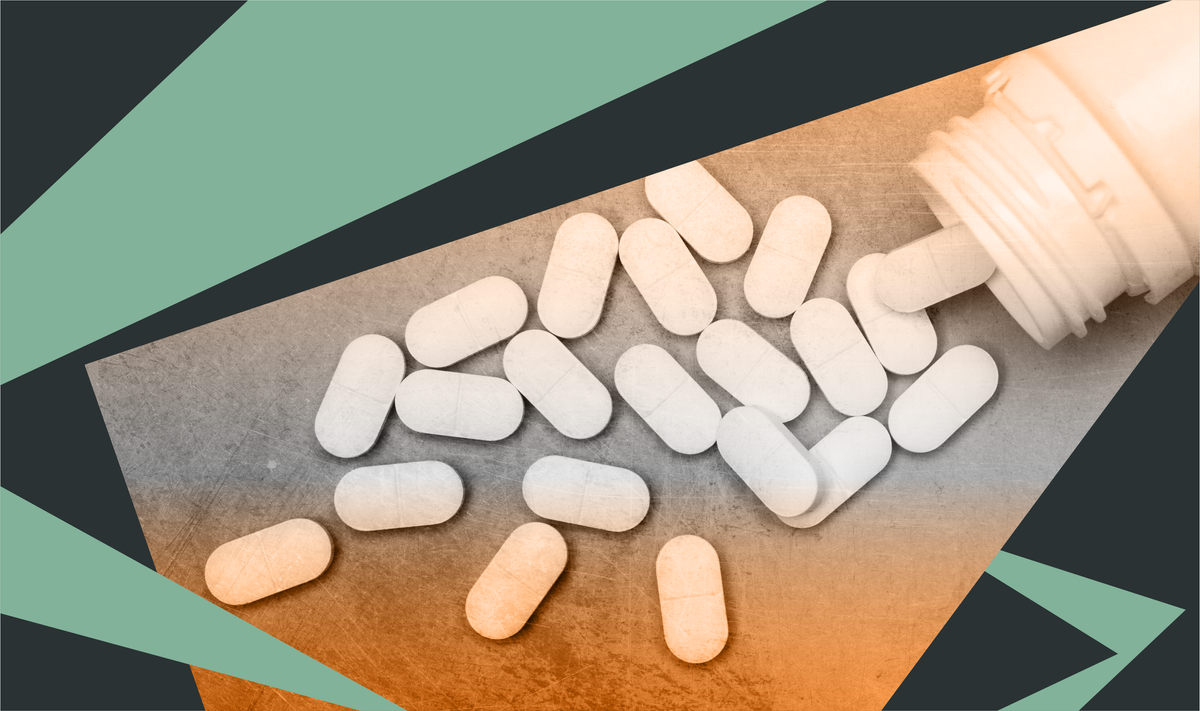Video sparks debate about overdose prevention centers
Comments made by RFK Jr. over the summer about heroin and ADHD also triggered recent conversation.

Comments made by RFK Jr. over the summer about heroin and ADHD also triggered recent conversation.
A recent video of people seemingly using drugs on public sidewalks generated heated debate about whether overdose prevention centers and other types of harm reduction programs prevent overdose deaths. Plus, posts discussed Robert F. Kennedy Jr.’s past comments about his experience with heroin and questioned whether heroin in small doses could treat ADHD symptoms. Other posts suggested without evidence that tariffs could address the overdose crisis more effectively than harm reduction programs.
In response, public health communicators may highlight the benefits of harm reduction programs and outline approved treatments for ADHD.

Insights brought to you by the reporters and science writers of Public Good News (PGN), a nonprofit newsroom dedicated to improving community health.
What’s trending nationally in conversations about substance use
On November 28, an X post shared a video of people who are allegedly using drugs on the streets of Los Angeles with the caption, “What’s the answer.” The post received approximately 16.5 million views, 2,400 likes, 1,400 reposts, and 2,500 comments as of December 4. Many comments expressed stigmatizing attitudes toward people who use drugs and blamed immigrants for overdose deaths. One repost responded to the initial post’s question about what can curb widespread substance use disorder and overdose deaths with, “guaranteed housing and access to supportive programs that provide safe injection facilities and rehabilitative services.” The repost garnered approximately 7.5 million views, 132,000 likes, 9,700 reposts, and 4,600 comments as of December 4. The repost also sparked a heated debate about overdose prevention centers—which provide a space where people can use pre-obtained drugs in a supervised environment to prevent overdose deaths—and other types of harm reduction programs. Some comments framed substance use disorder as a “personal choice,” repeated the myth that overdose prevention centers cause deaths, and falsely claimed that harm reduction programs are not effective at preventing overdose deaths and do not connect people to treatment.
A video clip of Robert F. Kennedy Jr.’s July appearance on a podcast resurfaced on X and in news articles in late November. In the clip, Kennedy discussed his history with substance use disorder and explained that heroin helped him study in school. In the full interview, Kennedy stated that he would “probably today be diagnosed with ADHD” and was using heroin to manage his symptoms, which negatively impacted his health and relationships. One X post sharing the clip received approximately 5.4 million views, 7,800 likes, 3,100 reposts, and 790 comments as of December 4. Many comments on the post and news articles suggested that Kennedy, who has been nominated to lead the Department of Health and Human Services, is a hypocrite since he has spoken out against Adderall and other medications approved for people with ADHD. One read, “He’s talking about ADD and how taking drugs helped alleviate his symptoms and got him to the top of his class. That’s exactly why people self medicate. So why doesn’t he understand that ADD meds help people?” Some comments suggested that heroin in small doses could be effective at managing ADHD symptoms, but this has not been studied.
On November 25, President-elect Donald Trump said he would impose a 25 percent tariff on imports from Mexico and Canada on his first day in office until the countries stop illegal immigration and the flow of illegal drugs, particularly fentanyl, into the U.S. Several news articles covered the announcement, with experts arguing that tariffs will not address the overdose crisis and promoting harm reduction strategies instead. Some social media posts discussing the tariff received millions of views and thousands of comments, with some suggesting without evidence that tariffs would prevent overdose deaths more effectively than harm reduction programs.

Recommendations brought to you by the health communication experts behind Infodemiology.com.
Recommendations for public health professionals
Each week, the Infodemiology.com team will provide messaging recommendations in response to some of the trending narratives outlined above. These helpful tips can be used when creating content, updating web and FAQ pages, and developing strategy for messaging about opioids.
In light of persistent false claims about overdose prevention centers, debunking messaging may emphasize that more than 20 years of research show that no one has ever died of an overdose while at an overdose prevention center. Messaging may also explain that overdose prevention centers are associated with increased access to treatment.
Recirculating messaging about the benefits of other types of harm reduction programs is recommended. Messaging may explain that harm reduction programs reduce the spread of infectious diseases like HIV and hepatitis C, prevent overdose deaths, and connect people to treatment if and when they are ready. Communicators may also share information about local harm reduction programs.
In response to conversations about heroin and ADHD, messaging may explain that heroin is a highly addictive opioid that can lead to an overdose and death, especially when used in combination with other drugs. Injecting heroin and other drugs increases the risk of contracting HIV, hepatitis B and C, and bacterial infections that can affect the skin, blood, and heart. Reiterating that Narcan can reverse an overdose caused by heroin or other opioids and sharing information about how to use it is recommended. Communicators can share the symptoms of ADHD, the types of medication that are approved to treat it, and online tools for ADHD management that people can use in combination with medication or on their own.
